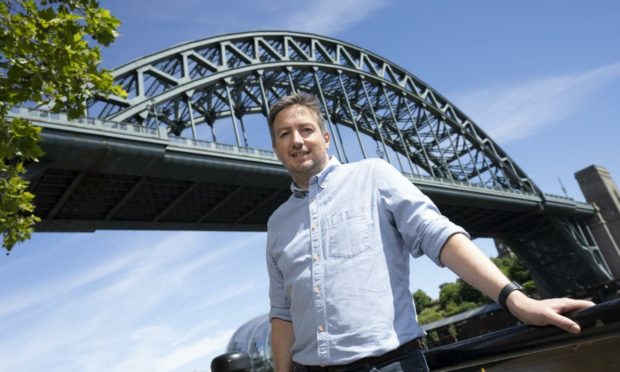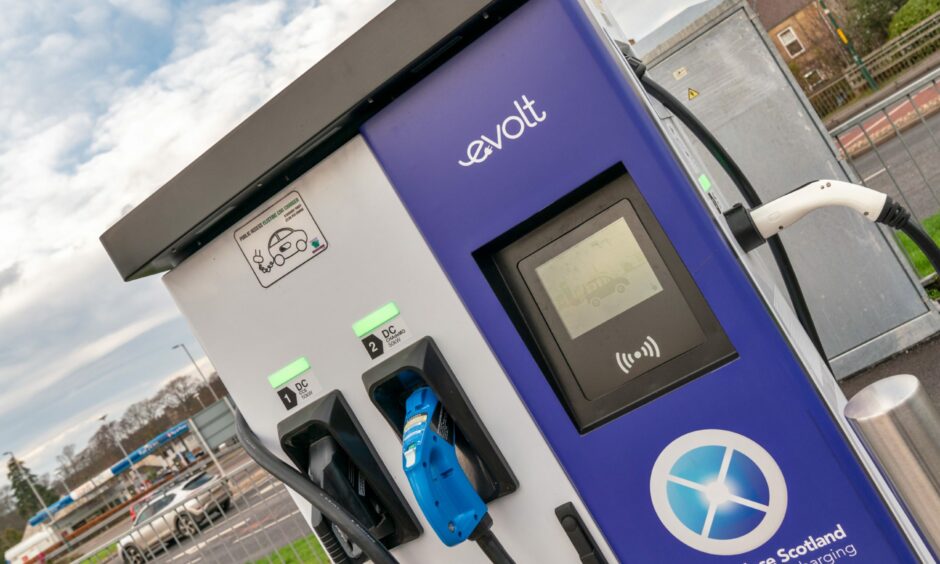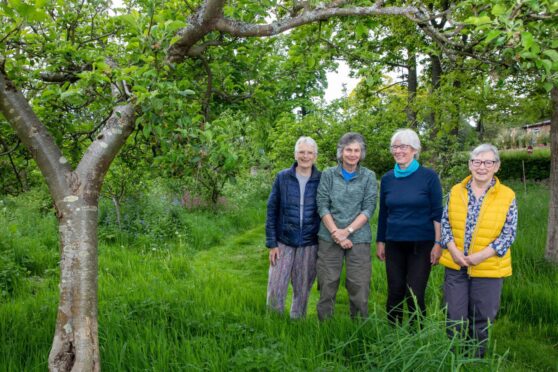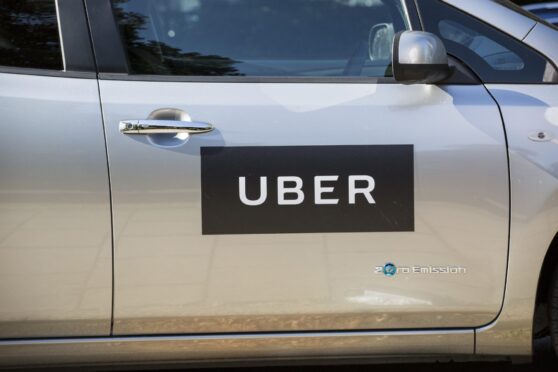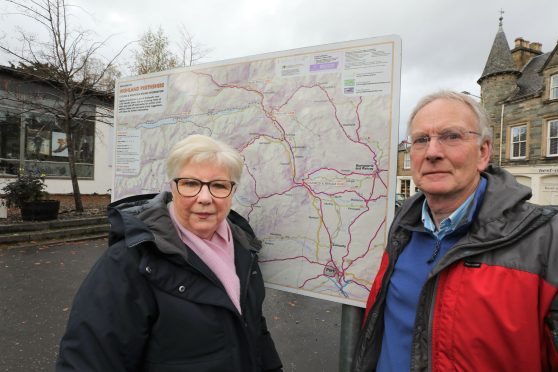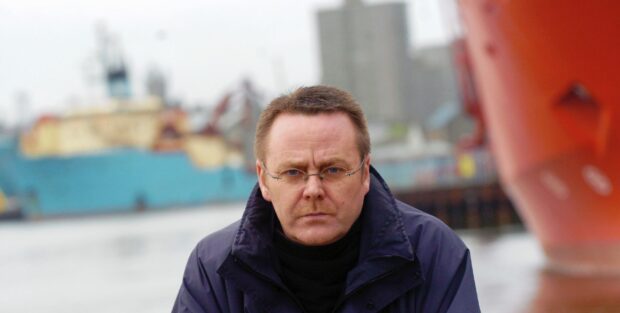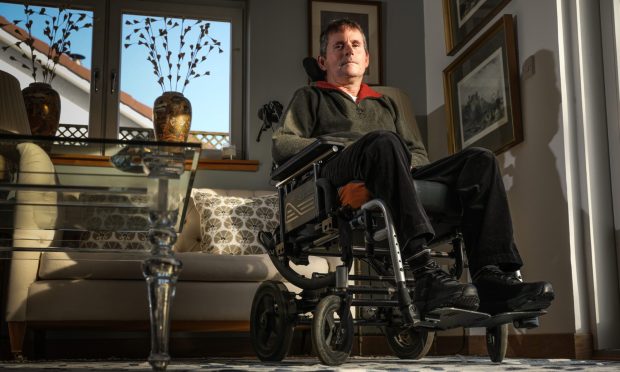Hire firm Co-Wheels have expanded their electrical vehicle (EV) fleet in Dundee and hope it will take as much as 330 city cars off the road.
The company, which started in Newcastle in 2008, have recently expanded their EV fleet in the City of Discovery.
Many of them are based in the city centre’s Greenmarket car park.
Co-Wheels calculates that there will be 330 fewer cars on the road in Dundee as a result of their fleet of 17 cars — most of which are either hybrid or electric.
That is based on research by charity Como UK that 18.5 cars are removed for every car hire vehicle on British roads.
Why does Co-Wheels want to take cars off the roads in Dundee?
The car hire-firm hopes expanding its fleet offers a flexibility that allows people to give up their own car.
Richard Falconer is managing director with Co-Wheels.
“We get a lot of members who maybe have a second car. Maybe that second car just sits outside their home and they only really hang on it in case they need it for that odd trip.”

He hails the environmental benefits of having fewer cars on the roads. He pointed to research, also by Como, discussed in Parliament which found a car club vehicle is responsible for 26.5% fewer emissions than the average privately-owned car.
“Co-Wheels goes even further [because] most of our fleet is nearly all hybrid and increasingly moving towards electric.”
Hire cars tend to be newer, which typically have cleaner engines, Richard also pointed out.
Effects of coronavirus
Richard also said the changing face of work in the wake of the pandemic may see more people ditching their car.
He said: “With more and more people working from home, they’re questioning ‘well I only ever really had my car for the commute’.”
Our purpose, if you like, is to reduce car use.”
Richard Falconer, Co-Wheels managing director
A hire-scheme can “sit quite nicely” with active travel options such as walking and cycling because of it’s short-term nature, he said.
“Our purpose, if you like, is to reduce car use.
“While we reduce car use by providing a car, it then also makes sense that the cars we put on road are green and efficient.”
Working around EV’s charging network
One of the biggest differences between traditional fossil-fuel cars and EVs is the length of time it takes to “fill-up”.
This is especially pertinent in the wake of the ChargePlace Scotland changeover, which has thrown up many technical issues.
Richard admits their EV ambitions are somewhat at the mercy of local authorities and charging networks across the country.
But hopes drivers remain courteous of other members, such as ensuring an EV has plenty of battery life left for the next user.
“These are challenges. It’s probably one of the reasons the sector hasn’t gone fully electric yet.
“You are dependent on the charging infrastructure being in place. You’re then dependent on the member that they plug it in correctly.
“The charge infrastructure is sometimes out of our control.”

Most Co-Wheels members are considerate and leave an EV charging for the next user, Richard said, but that “human error” can occur.
He also had praise for Dundee charging network, saying it is one of the better ones in the country.
Richard hopes that within five years they are completely electric — if the infrastructure allows.
“Hybrid vehicles at the minute are a nice transition for us,” he added.
